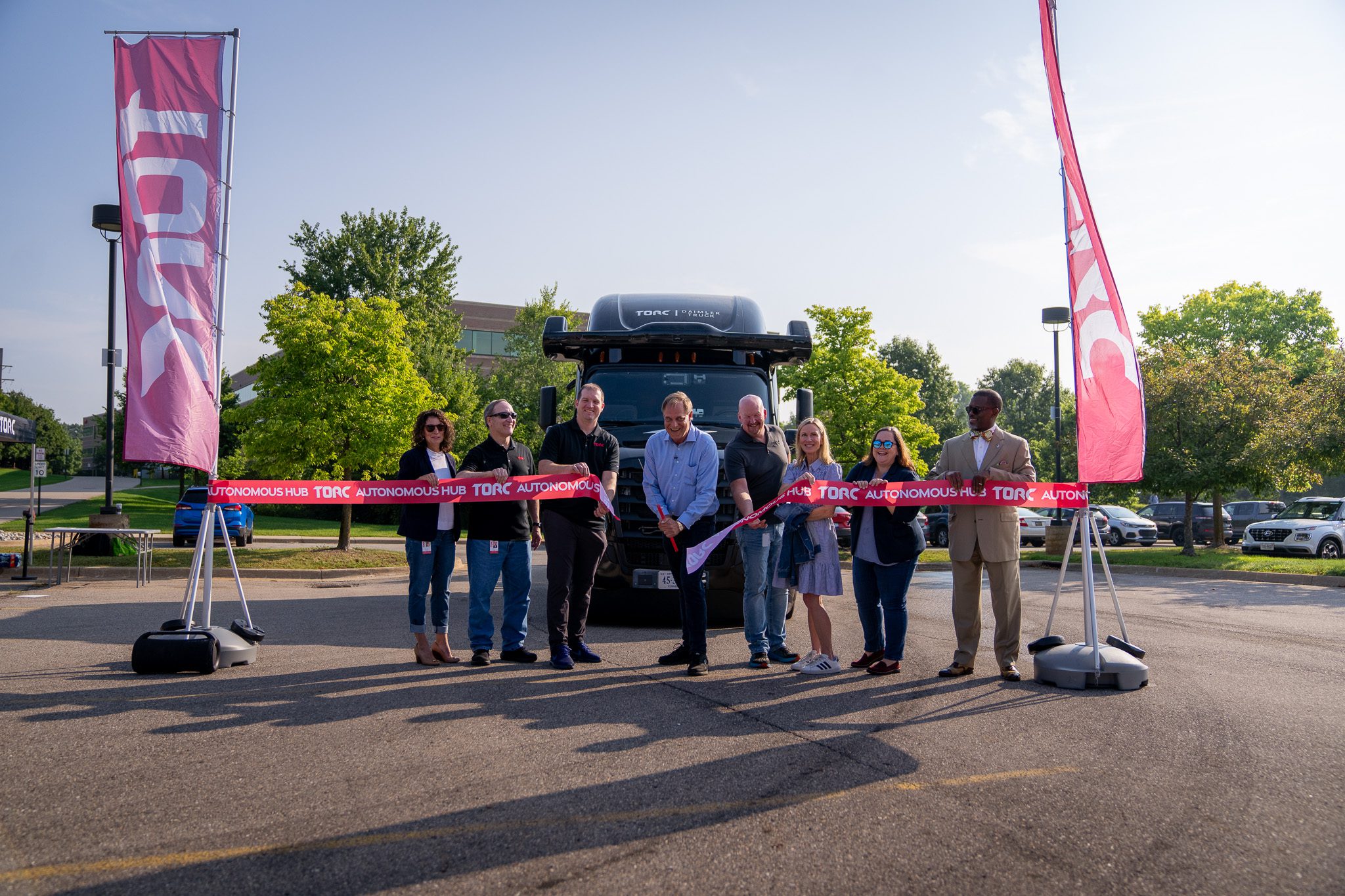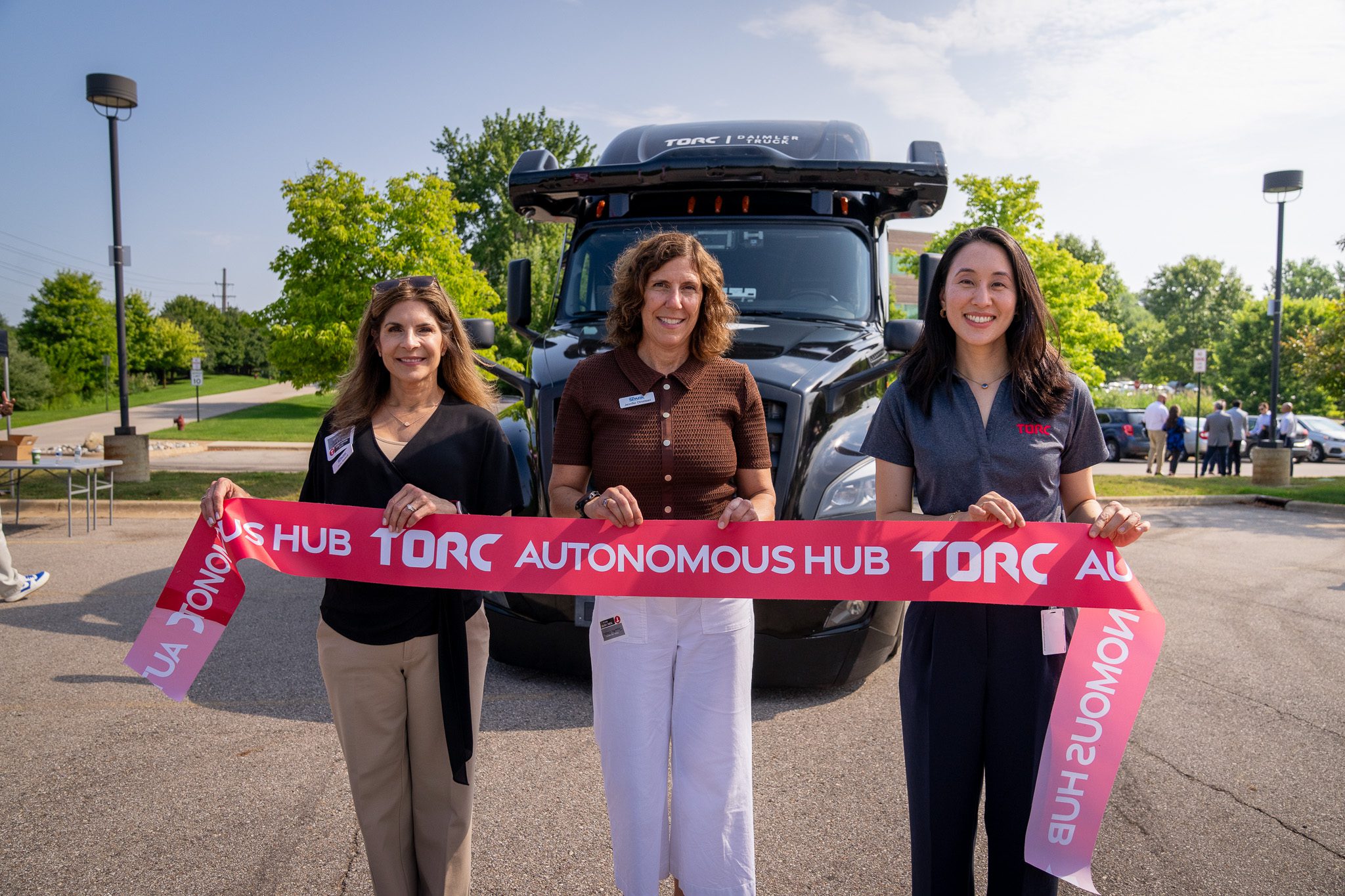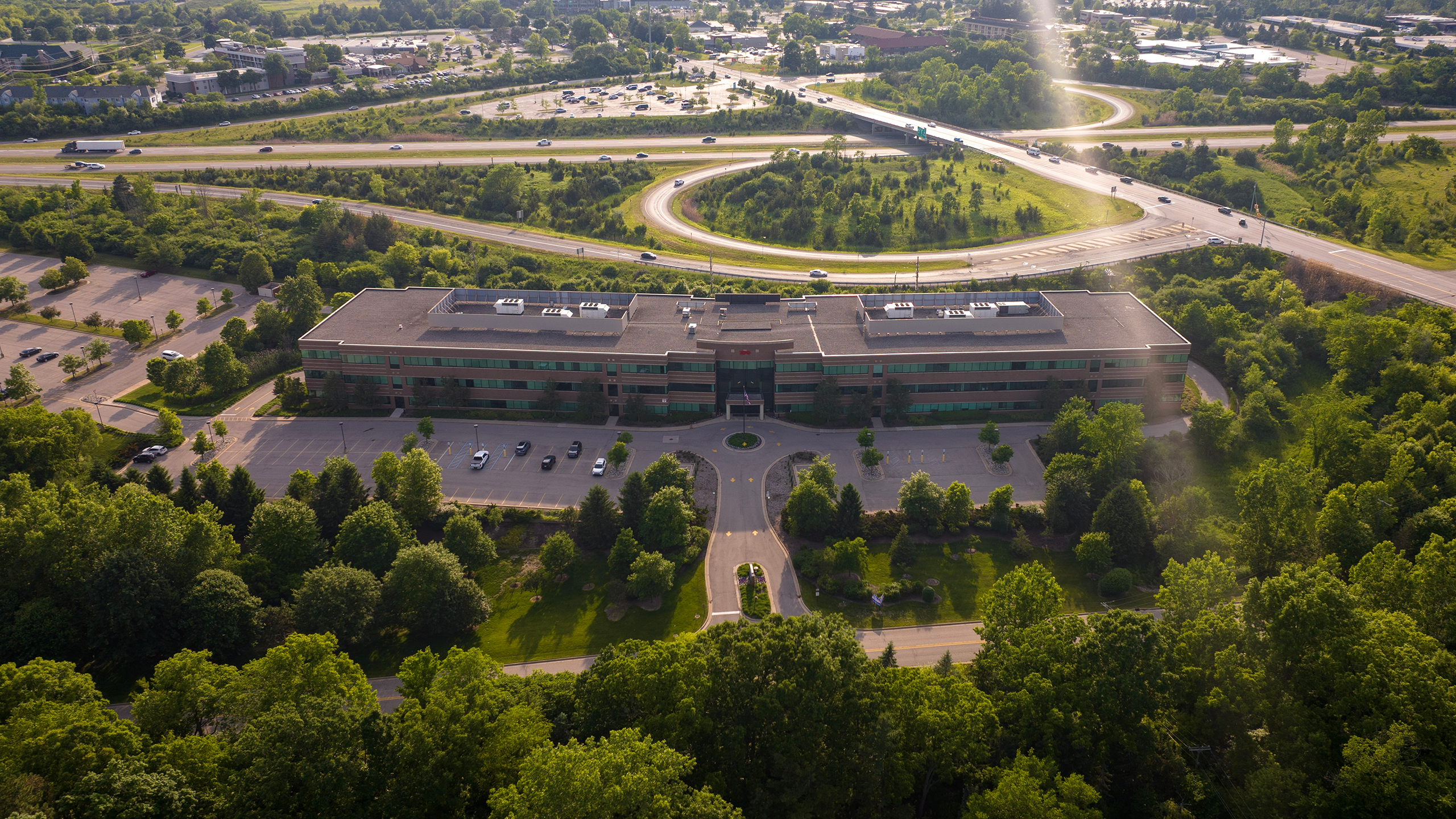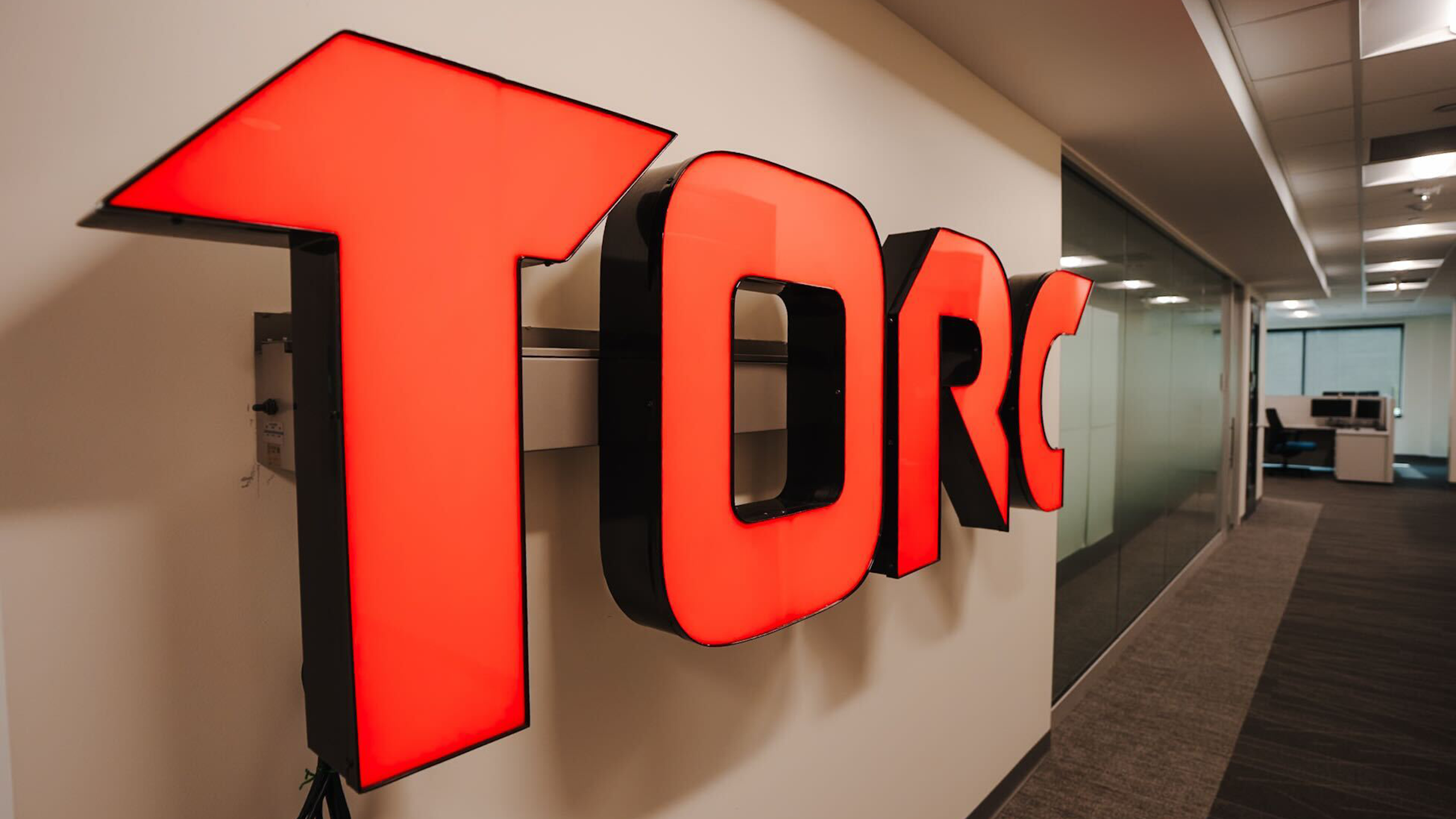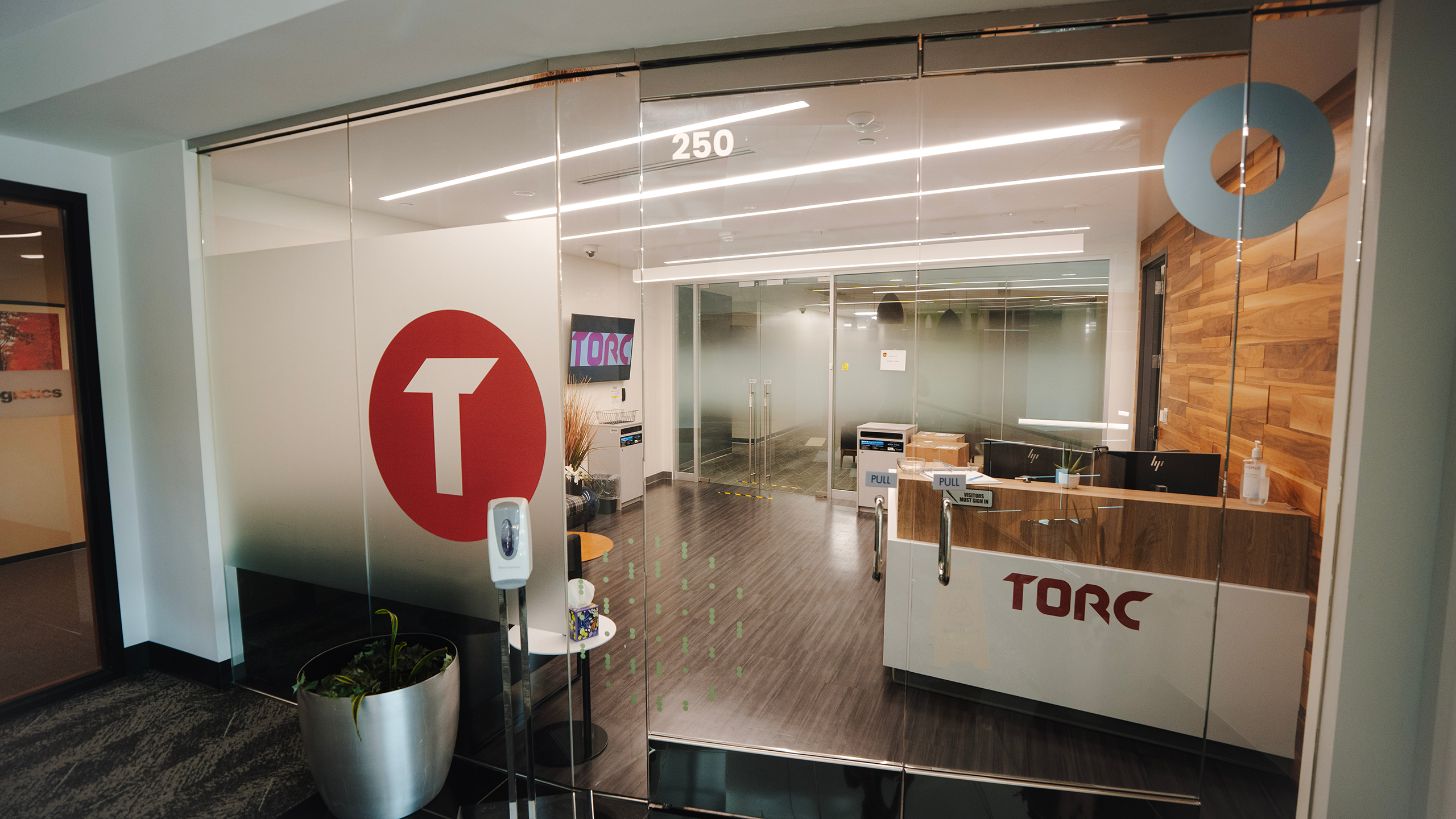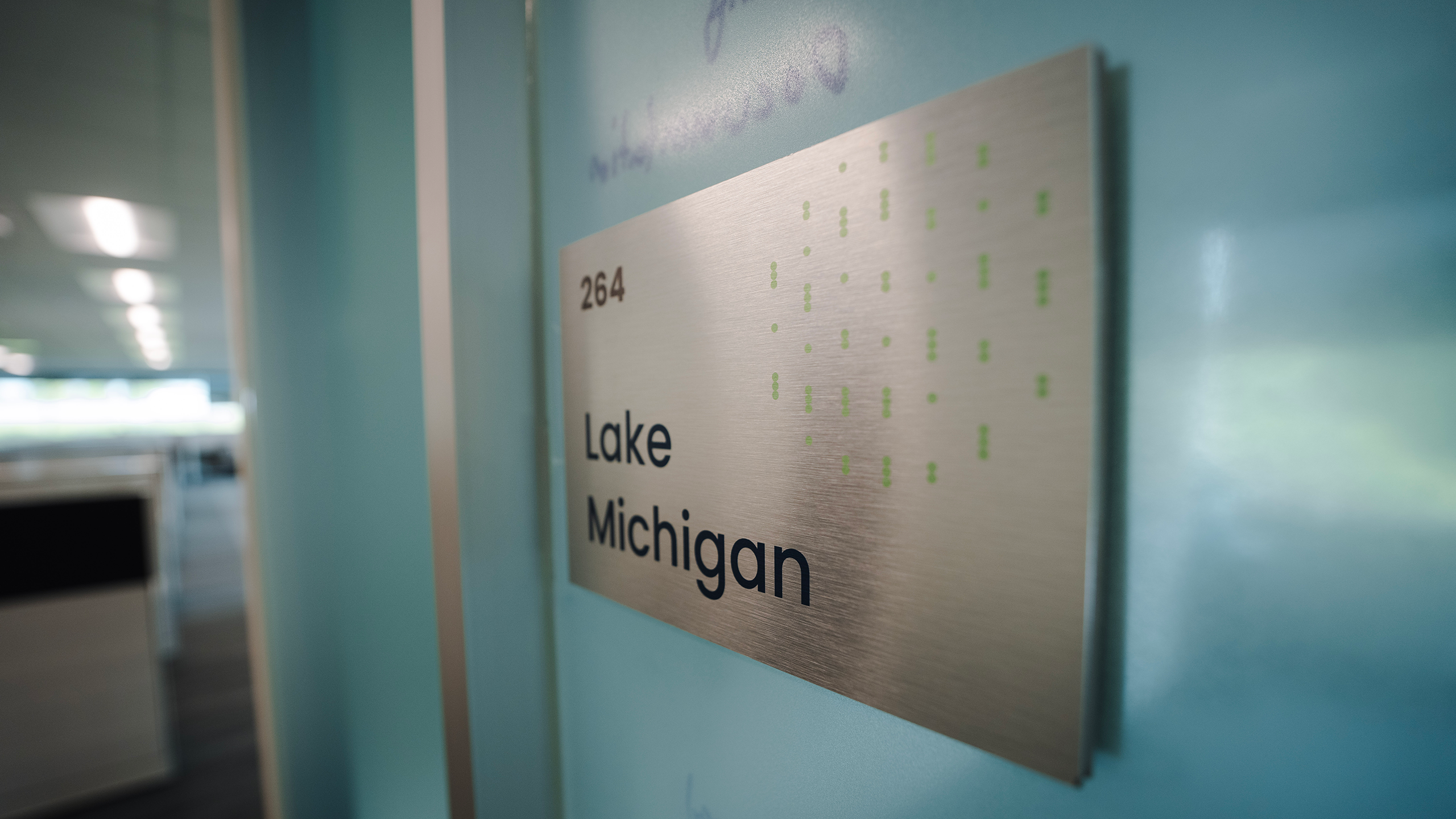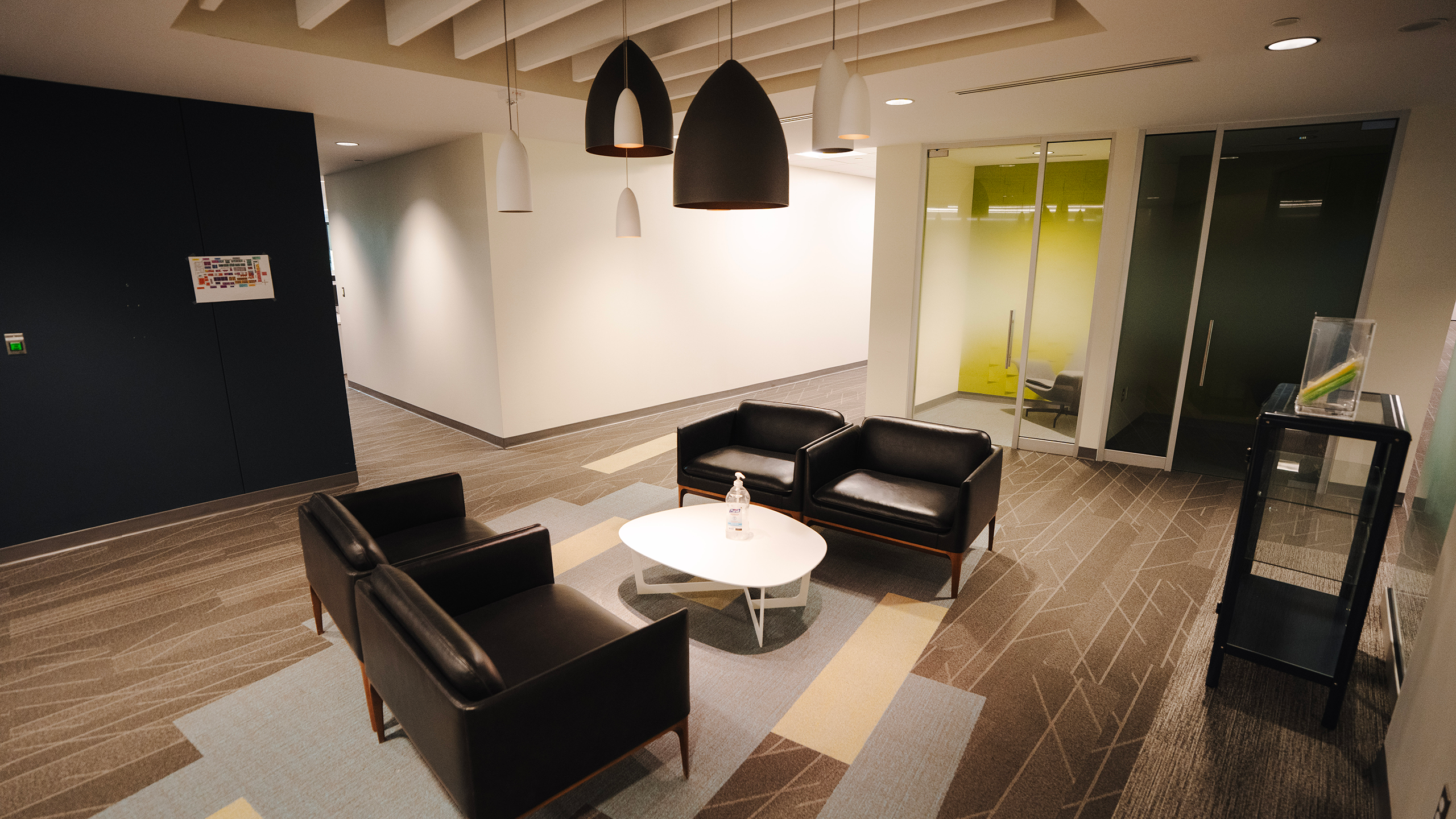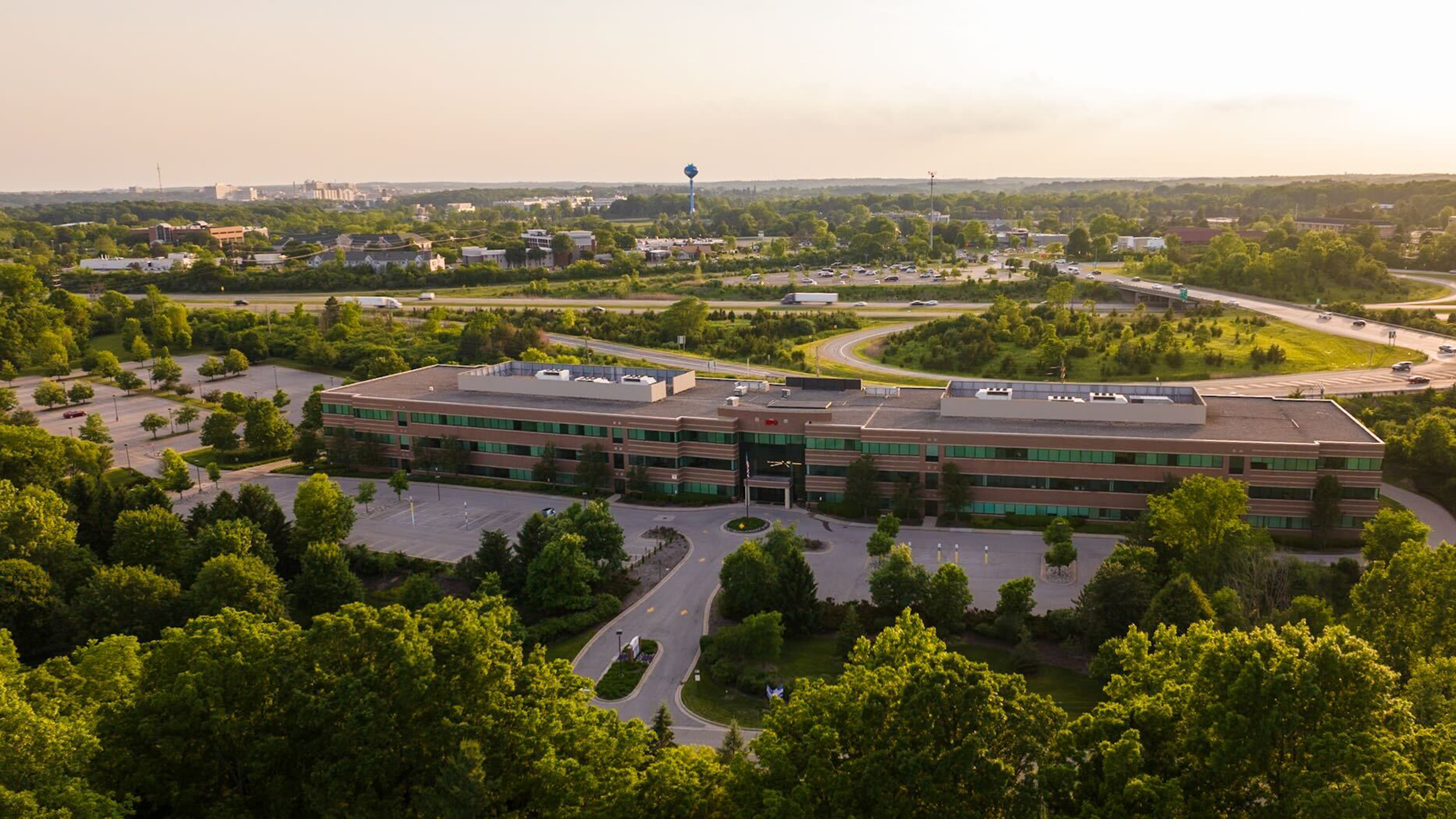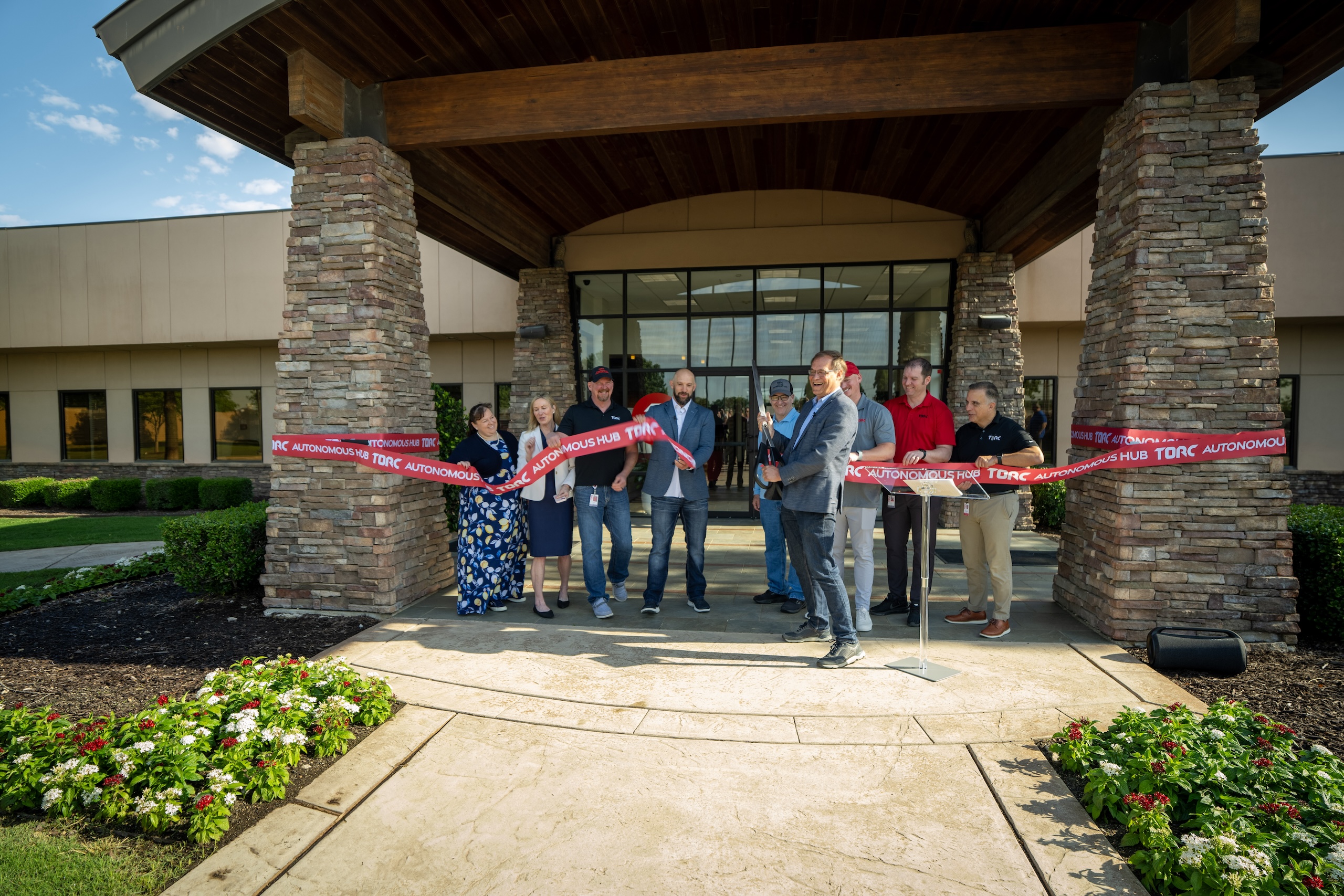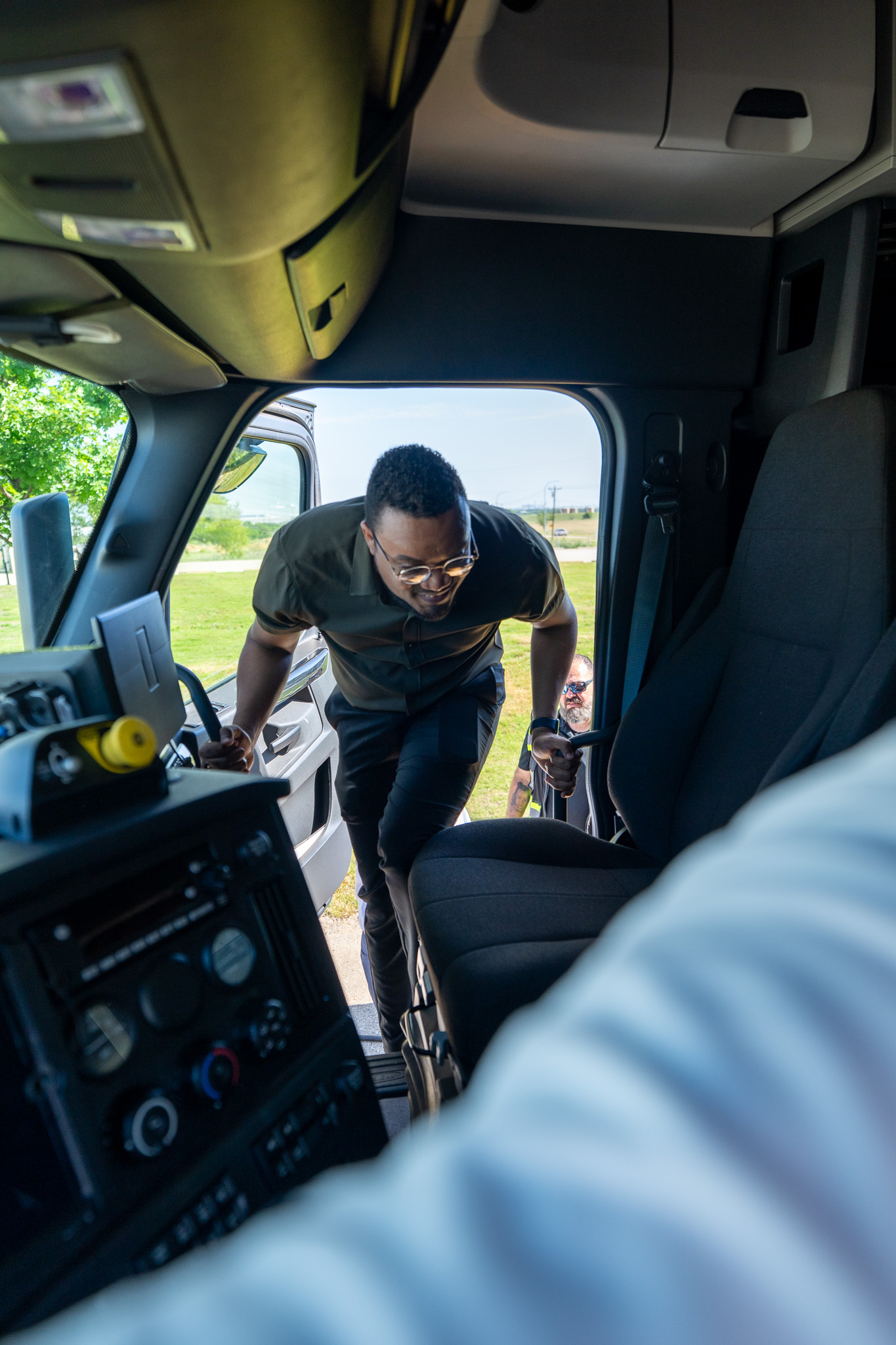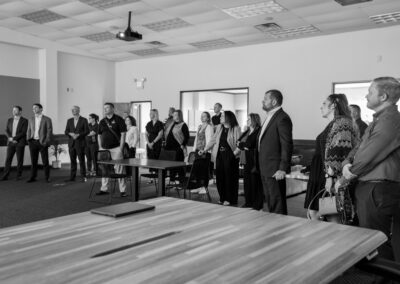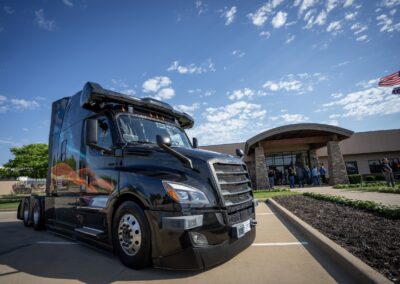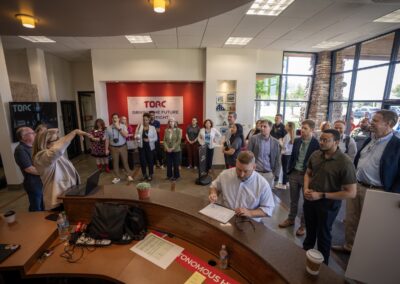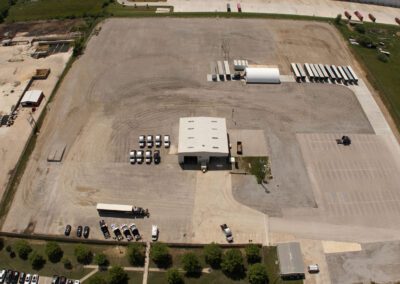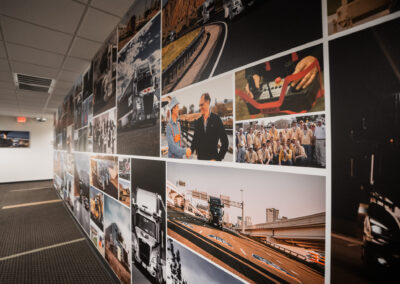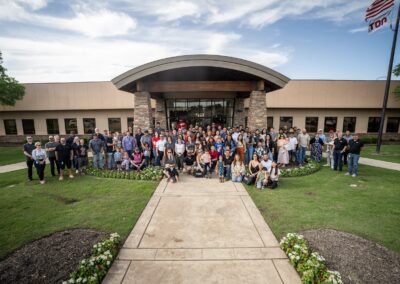
New Phase of Torc–Edge Case Collaboration Targets Production-Ready Safety Case
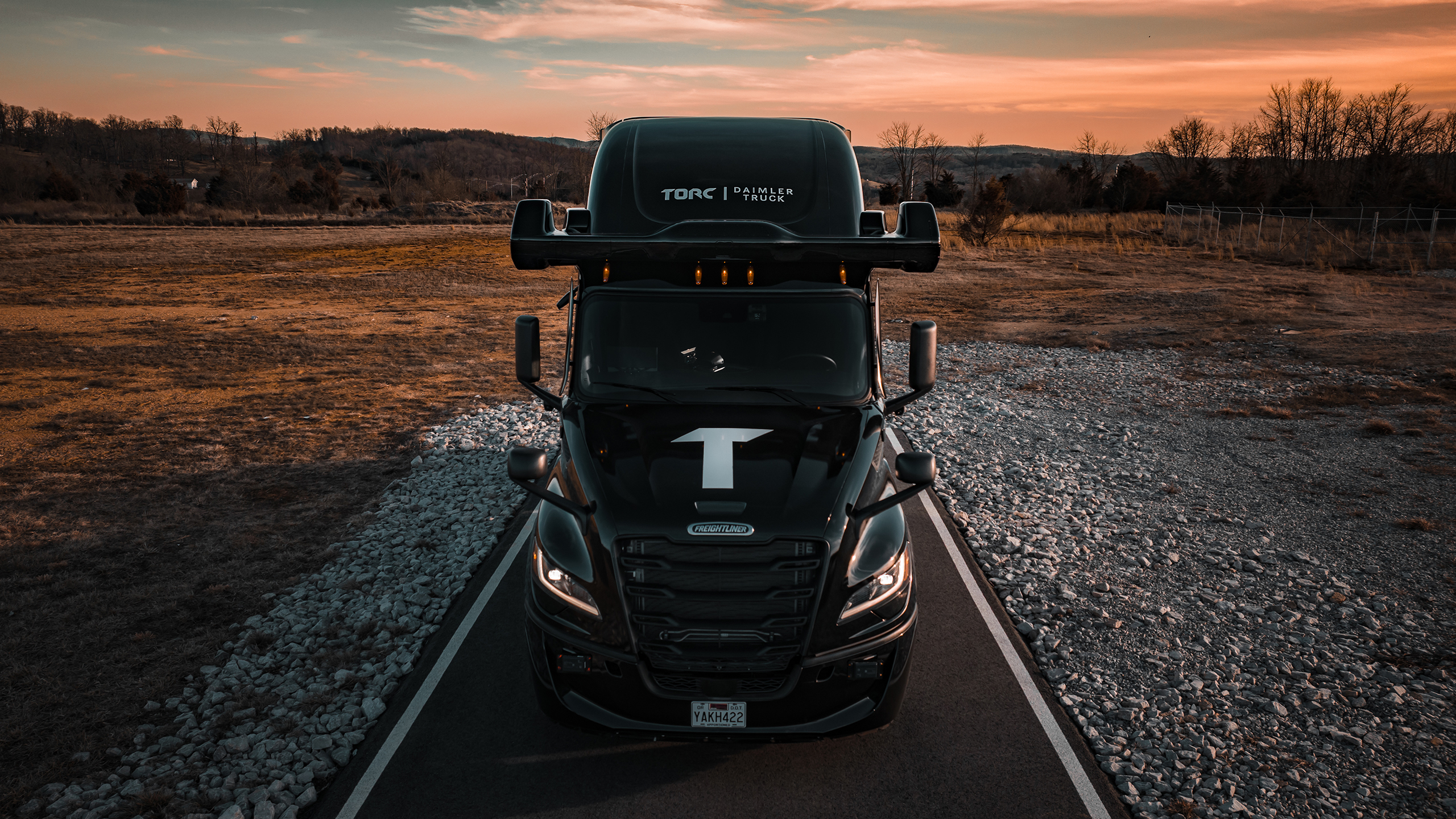
Independent safety assessments by Edge Case mark a pivotal step in Torc’s journey toward commercializing Level 4 autonomous trucking
Blacksburg, VA — August 19, 2025 – Torc, a pioneer in commercializing self-driving class 8 trucks, today announced a new strategic collaboration with Edge Case (EC), frontier technologies and safety-critical systems experts. This next phase of collaboration will support Torc’s mission to fully commercialize Level 4 autonomous trucks for long-haul applications in the U.S., ensuring its driverless safety case aligns with the applicable AVSC Best Practices and guidance from the Open Autonomy Safety Case (OASC). This alignment will result in a more streamlined, well-structured, safety case that improves clarity, accelerates development, and enhances cross-functional review.
This initiative will focus on a series of independent assessments of Torc’s Driverless Safety Case Framework and Evidence Sufficiency Criteria, reinforcing Torc’s commitment to safety and independent validation in preparation for production and commercialization. Looking ahead, Edge Case will conduct an assessment of completed safety case evidence. These assessments will be conducted independently by Edge Case and will include detailed reports and collaborative review sessions with Torc’s safety, engineering and operations teams.
“Edge Case brings world-class expertise in building rigorous and comprehensive safety programs,” said Jerry Lopez, Senior Director of Safety Assurance at Torc. “Their leadership and experience across multiple autonomy segments make them an ideal partner as we move toward production readiness.”
This announcement comes on the heels of Torc’s recent appointment of Steve Kenner as Chief Safety Officer and the company’s ongoing prioritization of safety through integrated, cross-functional collaboration.
“This partnership with Torc represents a pivotal step forward in advancing autonomous trucking safety,” said Nathan Parker, Chief Executive Officer of Edge Case. “By leveraging our deep experience across autonomy domains, we’re helping ensure that Torc’s safety case is not only rigorous and transparent, but also production-ready for real-world deployment.”
With this collaboration, Torc is advancing toward its goal of launching fully driverless, commercial autonomous trucks for long-haul applications in the U.S. by 2027.
About Torc
Torc, headquartered in Blacksburg, Virginia, is a global leader and pioneer in trucking. Founded in 2005 at the birth of the self-driving technology, Torc has 20 years of experience in pioneering safety-critical, self-driving applications. Torc is working toward a complete self-driving vehicle software and integration solution and is currently focusing on commercializing autonomous trucks for long-haul applications in the U.S. In addition to its Blacksburg headquarters and engineering offices in Austin, Texas, and Montreal, Canada, Torc has a fleet operations facility in the Dallas-Fort Worth area in Texas, to support the company’s productization and commercialization efforts, as well as a presence in Ann Arbor, MI, to leverage the autonomous and automotive talent base in that region. Torc’s purpose is driving the future of freight with autonomous technology. As the world’s leading autonomous trucking solution, we empower exceptional employees, deliver a focused, hub-to-hub autonomous truck product, and provide our customers with the safest, most reliable, and cost-efficient solution to the market.
About Edge Case
Edge Case is the trusted technical partner for companies working with frontier technologies and sophisticated systems. Headquartered in Pittsburgh, Pennsylvania, Edge Case supports industry leaders across automotive, aerospace, defense, energy, and AI as they design, build, and deploy complex, critical systems. With deep expertise in autonomy, functional safety, and systems engineering, Edge Case helps teams navigate evolving regulatory landscapes and operational risk. Utilizing DevSafeOps, Edge Case enables organizations to digitize safety workflows, generate defensible safety cases, and accelerate readiness for launch. Whether supporting autonomous vehicles, robotic systems, or next-generation AI applications, Edge Case is on a mission to ensure a safer tomorrow.
Contacts
Laura Lawton, 408-505-5820
press@torc.ai


